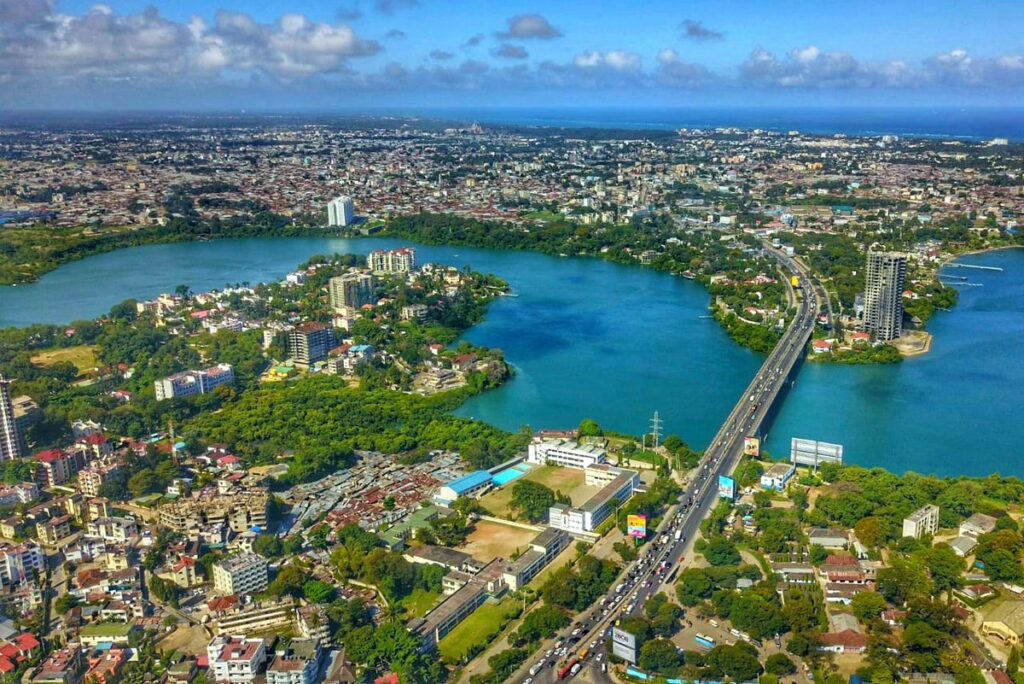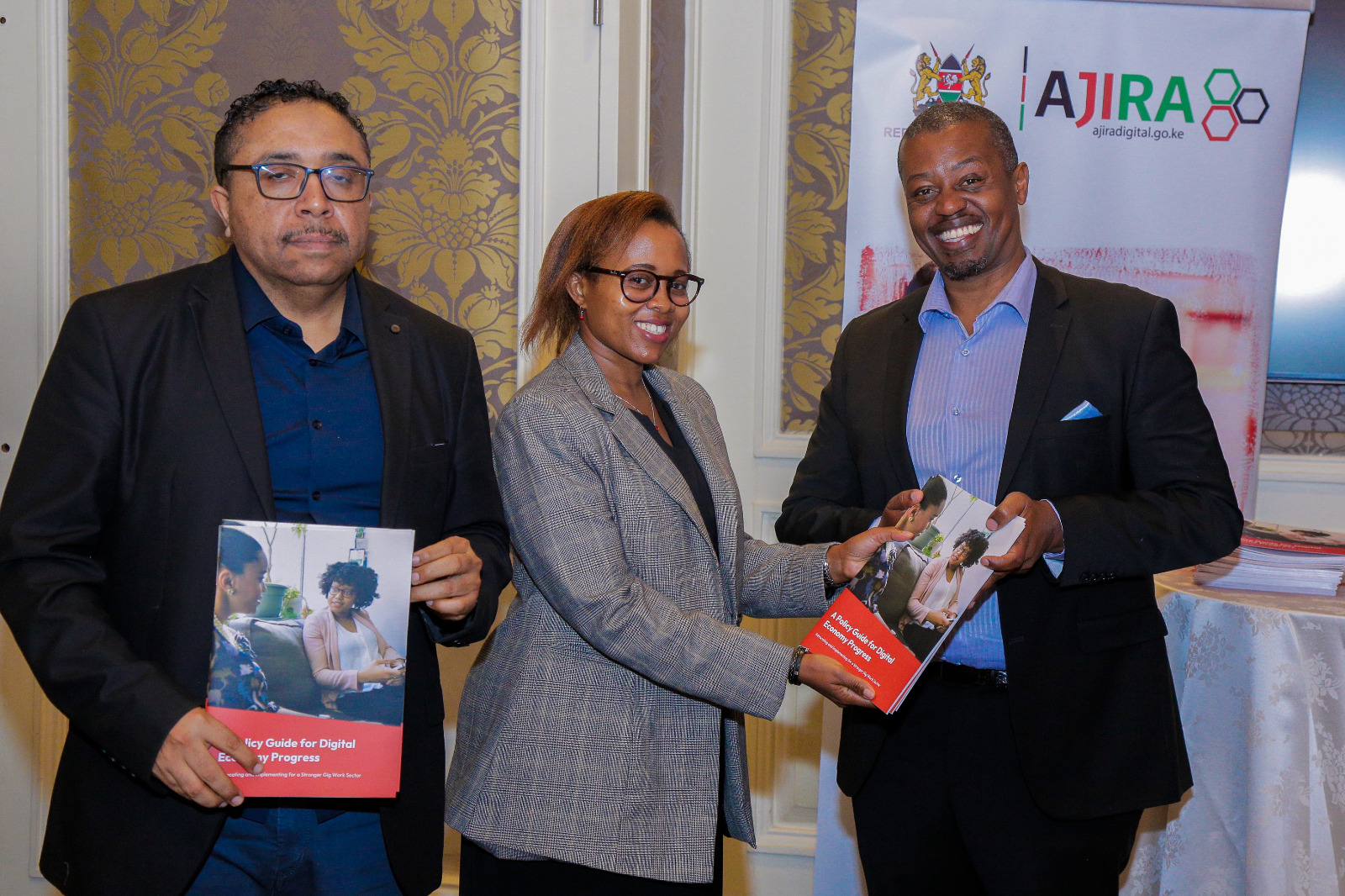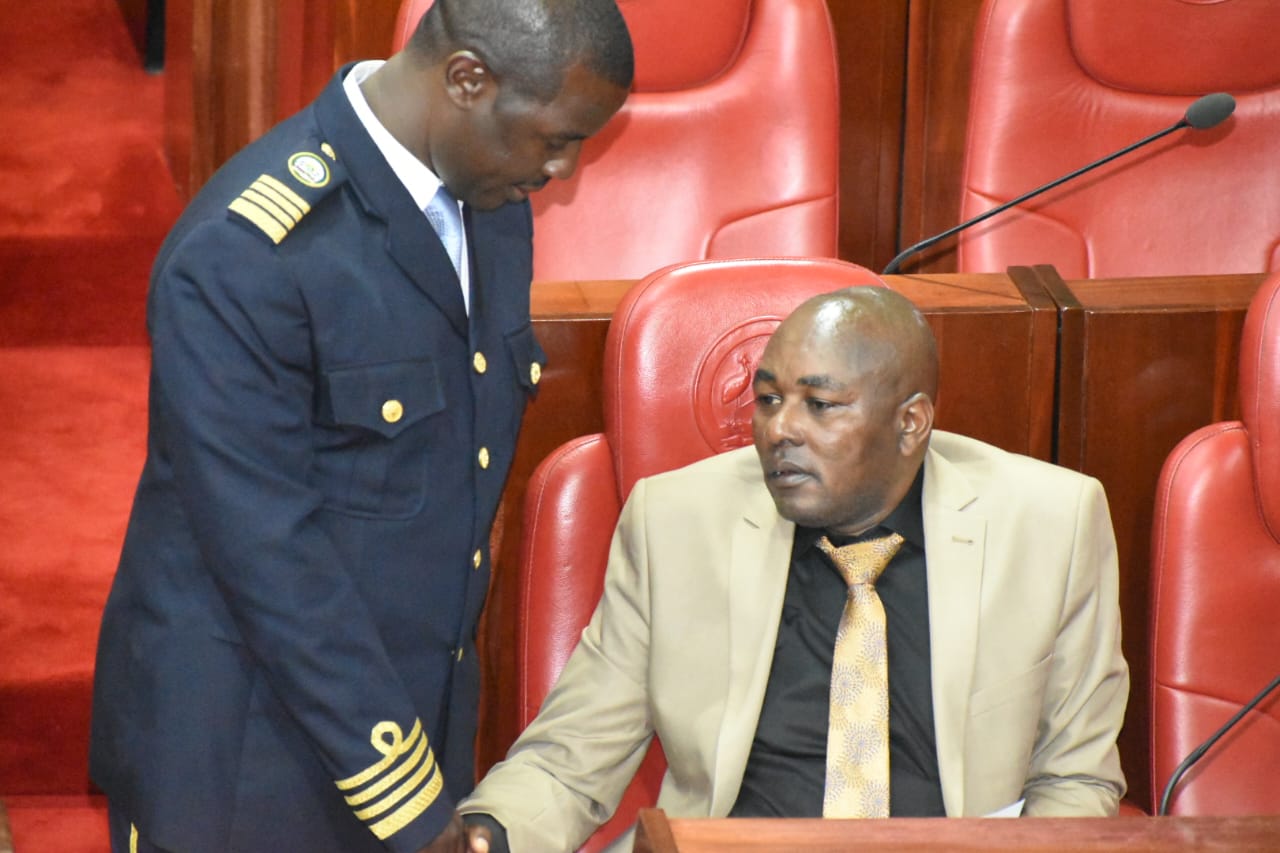FAO Launches the Green Cities Initiative in Mombasa

Food and Agriculture Organization of the United Nations (FAO) in partnership with Mombasa County Government launched the Green Cities initiative (GCI) Mombasa Chapter, third from Kisumu and Nairobi.
The initiative is aimed at improving the livelihoods and well-being of urban and peri-urban population.
The FAO-led initiative focuses on improving the urban environment, strengthening urban-rural linkages and the resilience of urban food systems to external shocks, while ensuring access to a healthy environment from sustainable agri-food systems, and increasing availability of green spaces through urban forestry and urban agriculture.
It will also contribute to climate change mitigation and adaptation as well as sustainable resource management.
This initiative which is designed to address urban challenges – urbanization, agri-food systems limits and climate change is expected to improve people’s wellbeing through increased availability of and access to products and services from agriculture and sustainable food systems.
Mombasa city is amongst the 3 Kenyan cities that are part of the African Regional pilot phase out of 12 cities selected in Africa. Other cities are Nairobi, Kisumu, Praia, Antananarivo, Kigali, Tunis, Arusha, Quelimane, Tamale, Kitwe, Kaffrine/Kunghel and Tare/Bushoki.
In his opening remarks during the official launch, FAO Assistant Representative in charge of Programmes, Hamisi Williams reiterated FAO’s readiness to support the National and county governments as well as other government agencies to enable an effective policy environment, adding that Mombasa is an ASAL city by virtue of being surrounded by ASAL counties, and therefore needs to be strategically supported to mitigate and build resilience against climate change.
“We at FAO are proud of the green cities initiative which is a flagship of the FAO Director General with Kenya piloting in three cities. This demonstrates the important position that Kenyan cities occupy in Africa region and the need for the GCI to be supported to address its objectives”
In his remarks, the County Executive Committee Member for Agriculture in Mombasa County, Hon. Tendai Mtana noted that under the Utangamano Bay Economy Framework, GCI in Mombasa city will focus on mmainstreaming urban food systems, urban forestry and greening into policies, planning and governance, increase the availability and accessibility of urban green spaces as well as creating awareness on importance of urban forestry and greening.
The envisaged outcome of the GCI is improved access to products and services provided by urban and peri-urban agriculture, forestry and urban food systems through capacity development and implementation of key actions.
Why the Green Cities?
Trends such as urbanization and population growth have resulted in diverse impacts on resources and largely the natural environment. It is estimated that cities already consume 70% of the global food supply and almost 80% percent of the total energy produced in the world, while they produce 70% of global waste.
The COVID-19 pandemic has exacerbated the challenges and gaps of current food systems and necessitated the need to address these challenges at national and sub-national level. Governments should enhance planning and governance of food systems towards a more inclusive, resilient and green ways through a holistic approach for the people, the planet as well as the economy.
In view of the above, in September 2020, FAO launched its Green Cities Initiative with a target of reaching at least 100 cities around the world in the next three years, with an aim to have 1000 cities join by 2030. The Green Cities Action Plan will focus primarily on small and intermediary African cities.
In attendance to the official launch of the green cities’ initiative was the Mombasa County Assembly Agriculture Committee and County Agriculture Sector Steering Committee members (CASSCOM).
During the official opening ceremony, Hon. Tendai Mtana, the County Executive Committee member, Agriculture, Mombasa County, introduced the Utangamano Bay Economy framework. The framework, he said, “seeks to integrate urban food systems and greening into the planning and policy process for sustainability and economic development of the county.”








